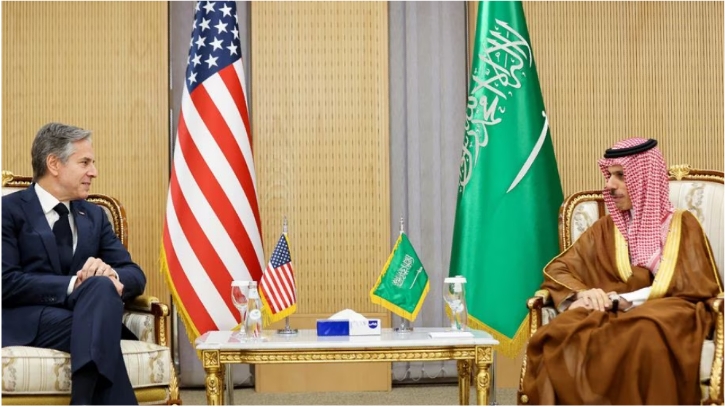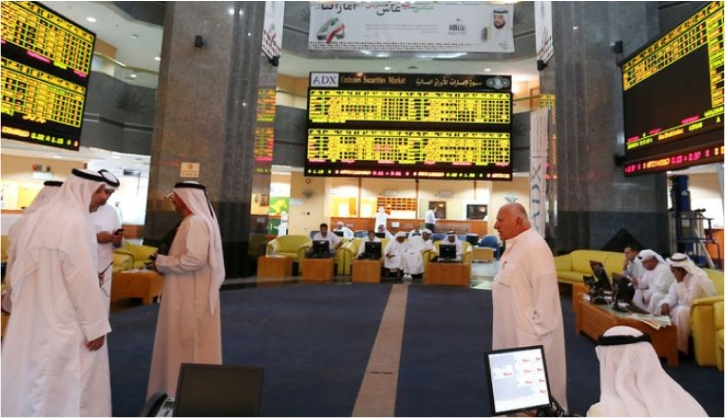
The United Arab Emirates (UAE) has cancelled a deal worth $880.6 million with Airbus to purchase 12 H225M Caracal multirole helicopters. The decision was made for financial and technical reasons, according to Muammar Abdulla Abushehab, an official at the UAE’s defense and security acquisitions authority, who also noted that it was not politically motivated. The high lifecycle costs, limitations in adapting to mission requirements, and complex technical proposal were the reasons cited for the cancellation. The UAE government media office has not yet commented on the matter, and Airbus Helicopters declined to offer detailed comment.
Airbus has been serving the UAE’s armed forces for over 40 years, and the cancellation has come as a surprise. The company has been aiming to strengthen its position in the Middle East by offering advanced products and services that meet the region’s needs. The cancellation of the deal could result in Airbus losing significant business in the region, and it remains to be seen whether it can maintain its relationship with the UAE government. The H225M Caracal is an advanced helicopter used for a wide range of military operations, and the cancellation of the deal could have implications for the UAE’s military capabilities.
The deal was signed during a visit to Abu Dhabi by French President Emmanuel Macron in December 2021, and was seen as a boost for the assembly line in southern France amid lower oil and gas demand. Along with the helicopter deal, the visit also included a contract for 80 Rafale fighter jets. The cancellation of the helicopter deal could impact the relationship between France and the UAE, as well as the assembly line in southern France.
The UAE has been investing heavily in its defense capabilities in recent years, and the cancellation of this deal could slow down its modernization efforts. It is unclear whether the UAE will seek alternative suppliers or renegotiate the terms of the deal with Airbus. The H225M Caracal is a long-range tactical transporter, similar to the Super Puma VIP, offshore, and search-and-rescue helicopter. It is used by a number of countries for a wide range of missions, including combat search and rescue, troop transport, special operations, and more.
The decision by the UAE to cancel the deal comes at a time when other countries in the region are also investing heavily in their defense capabilities. Saudi Arabia, for example, has been investing heavily in its military in recent years, and has been working to develop its own defense industry. The UAE has also been working to develop its own defense industry, and has been investing in the development of unmanned aerial vehicles (UAVs), armored vehicles, and other advanced military technologies.
The cancellation of the deal could have wider implications for Airbus, as it seeks to maintain its position as a leading provider of advanced military hardware. The company has been working to expand its presence in the Middle East, and has been investing in research and development to develop new products and technologies that meet the needs of the region’s militaries. The cancellation of the deal is a setback for the company, but it is unclear what impact it will have on its long-term prospects in the region.













